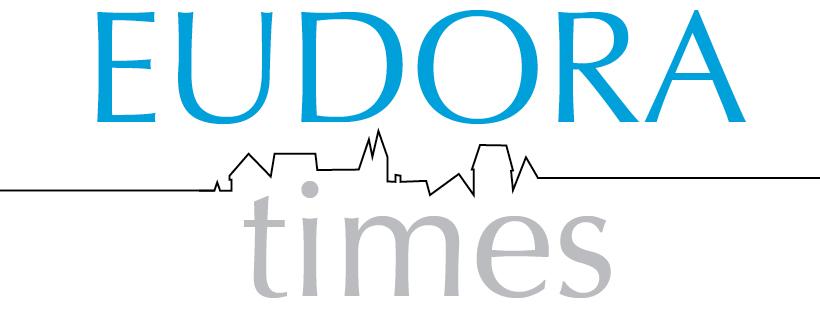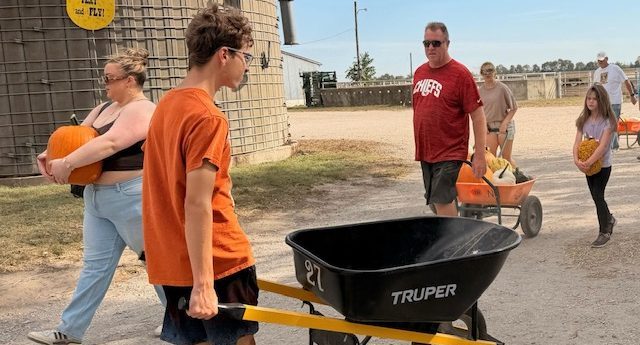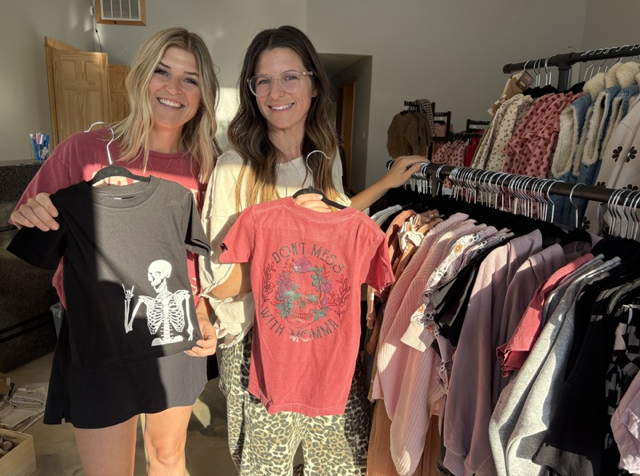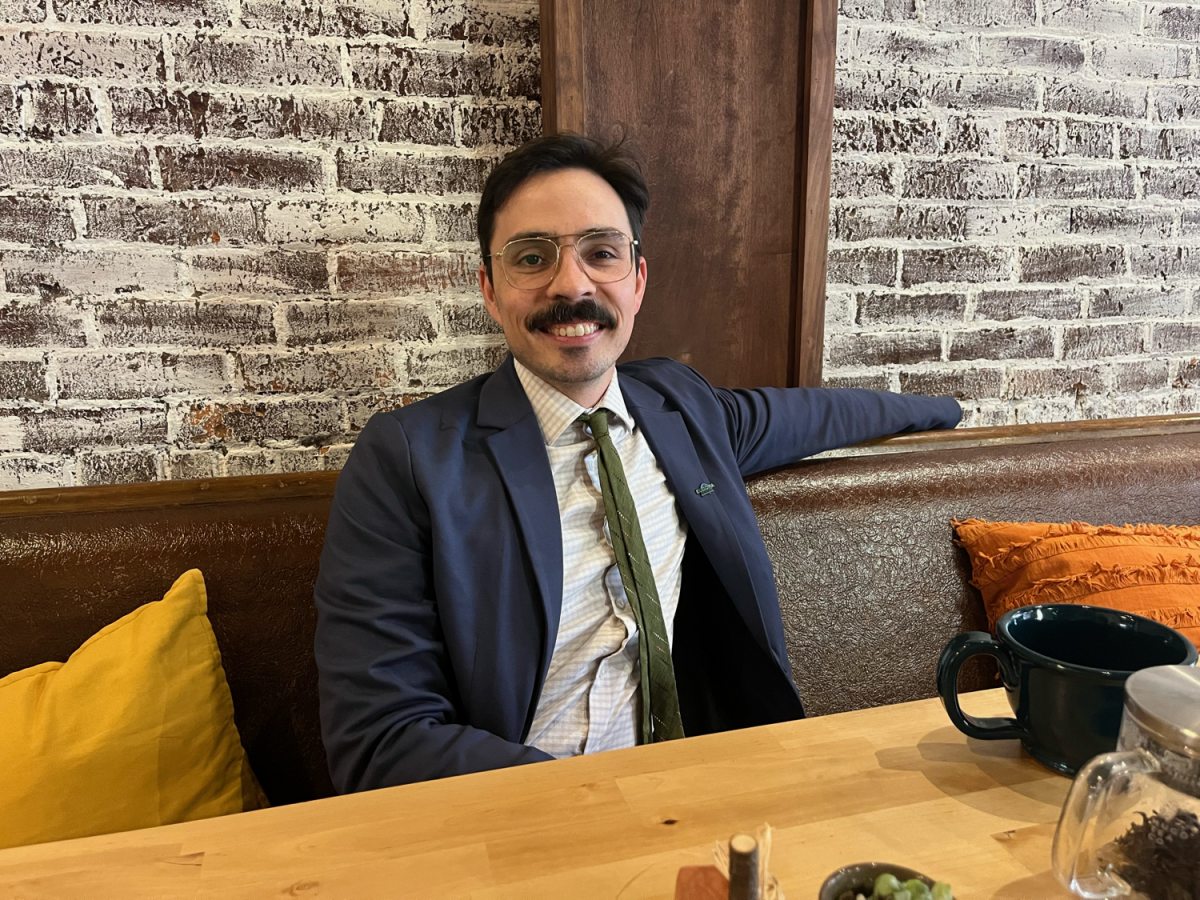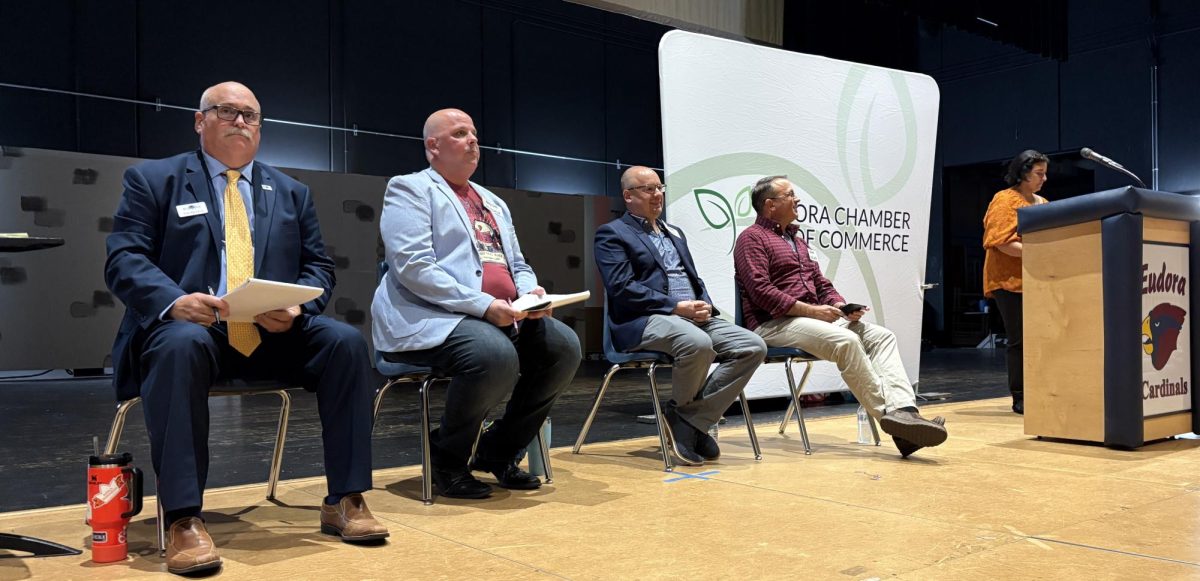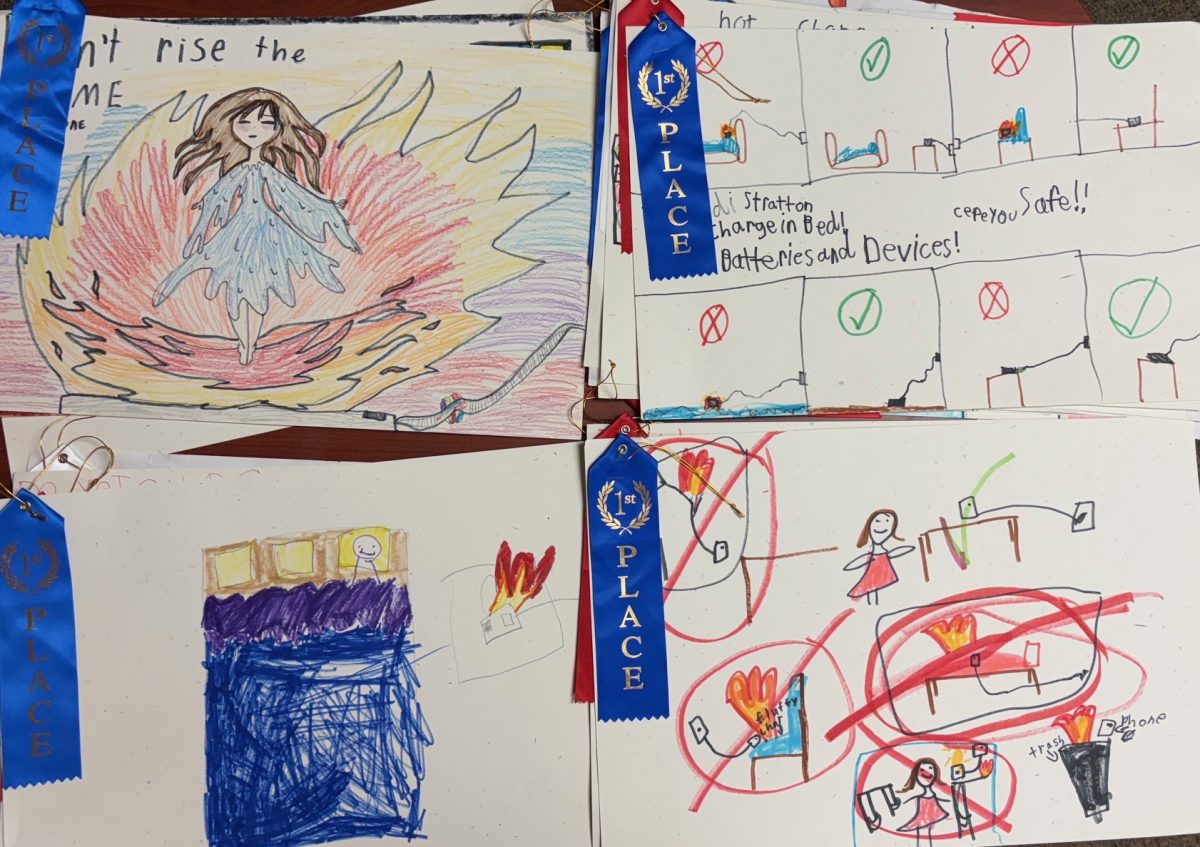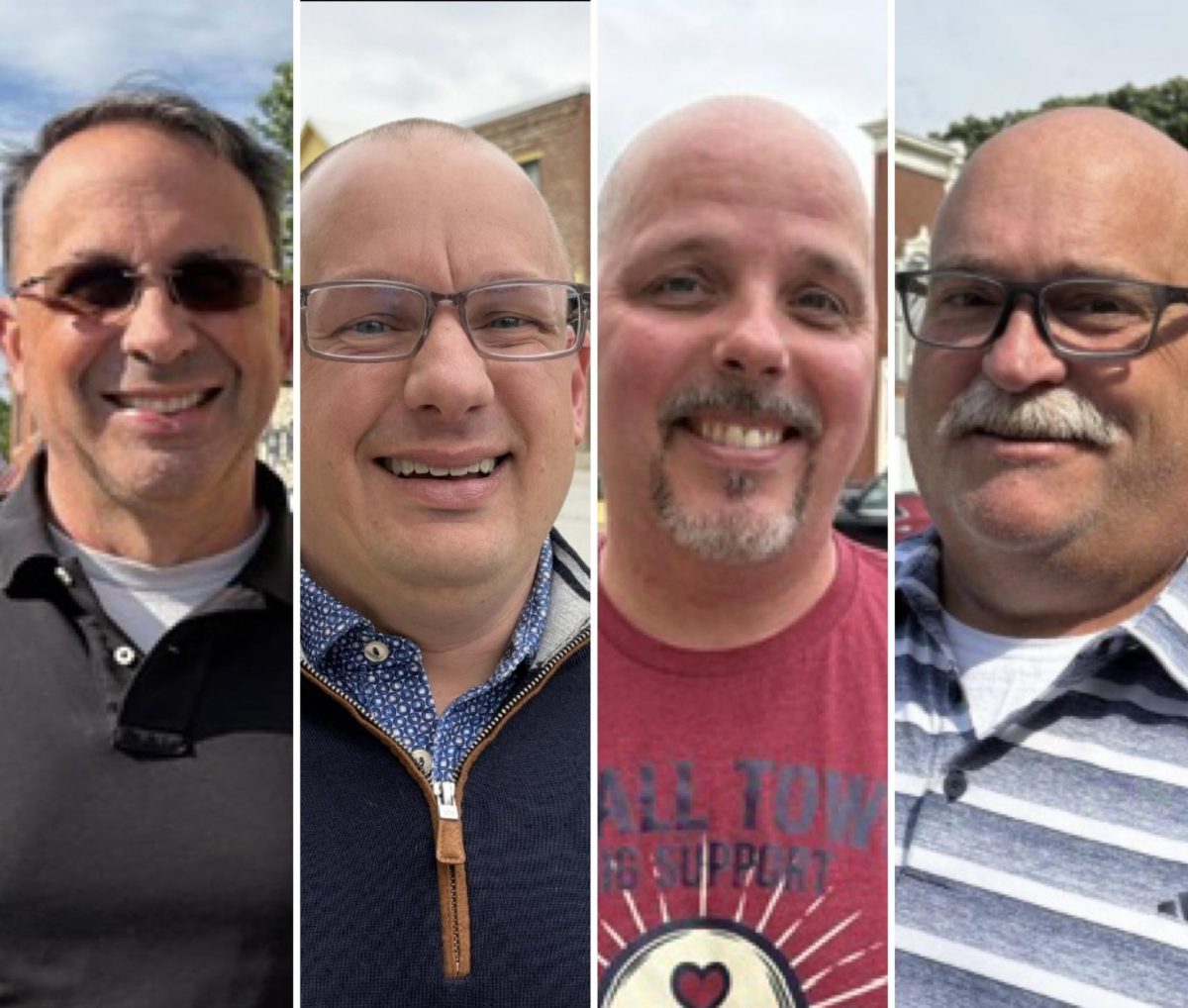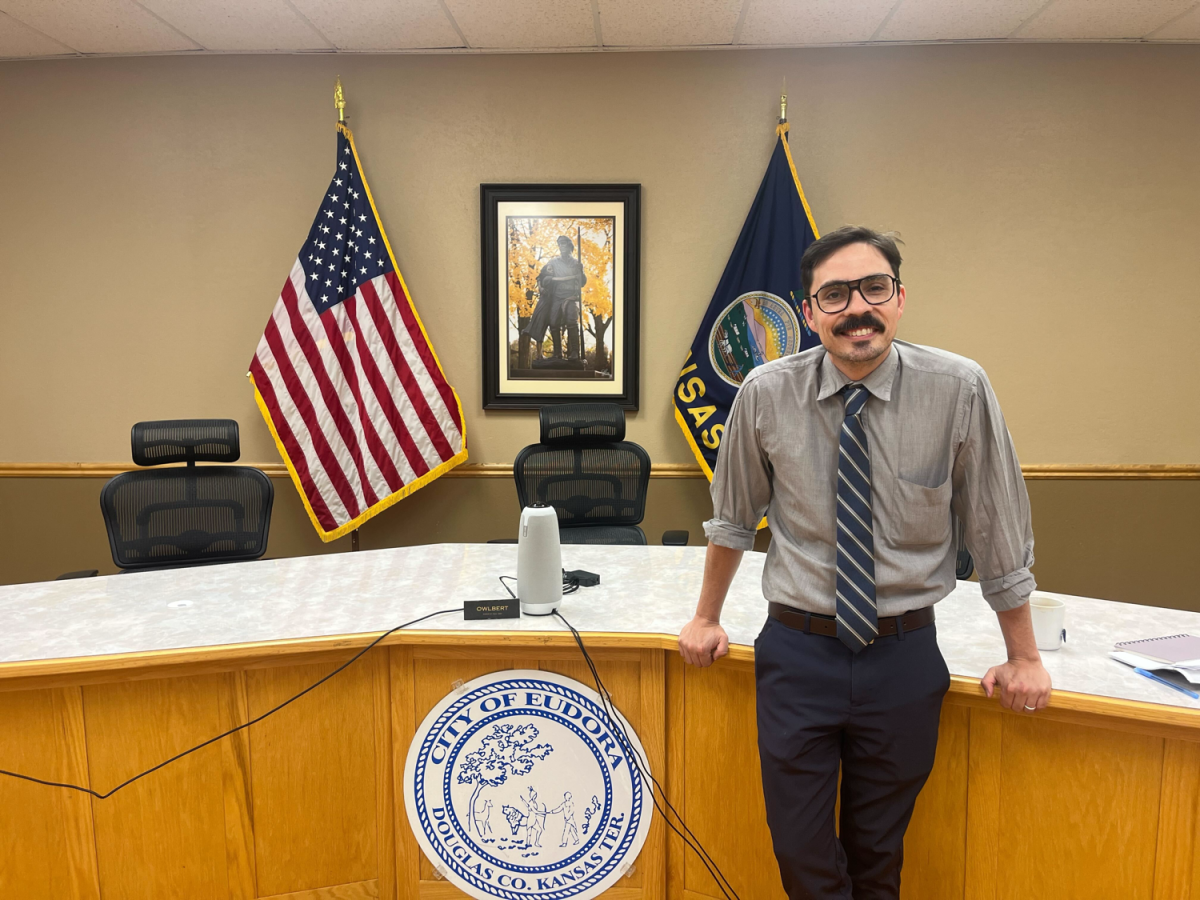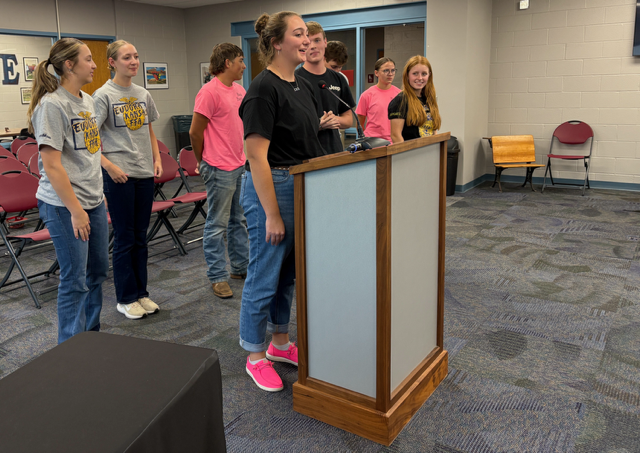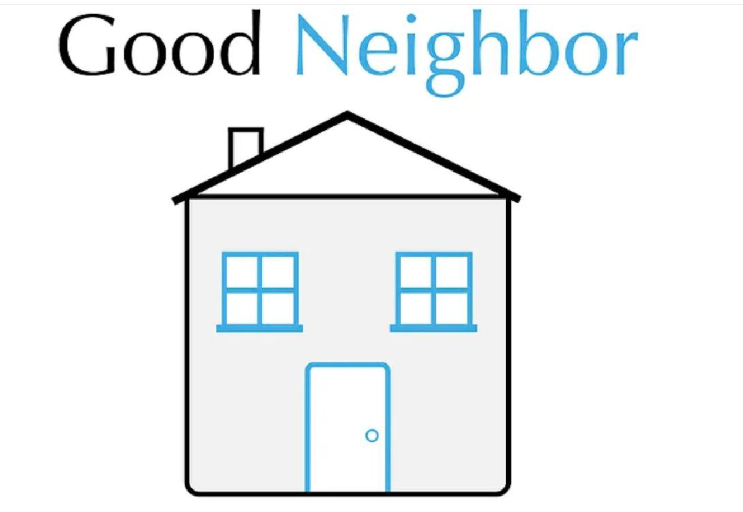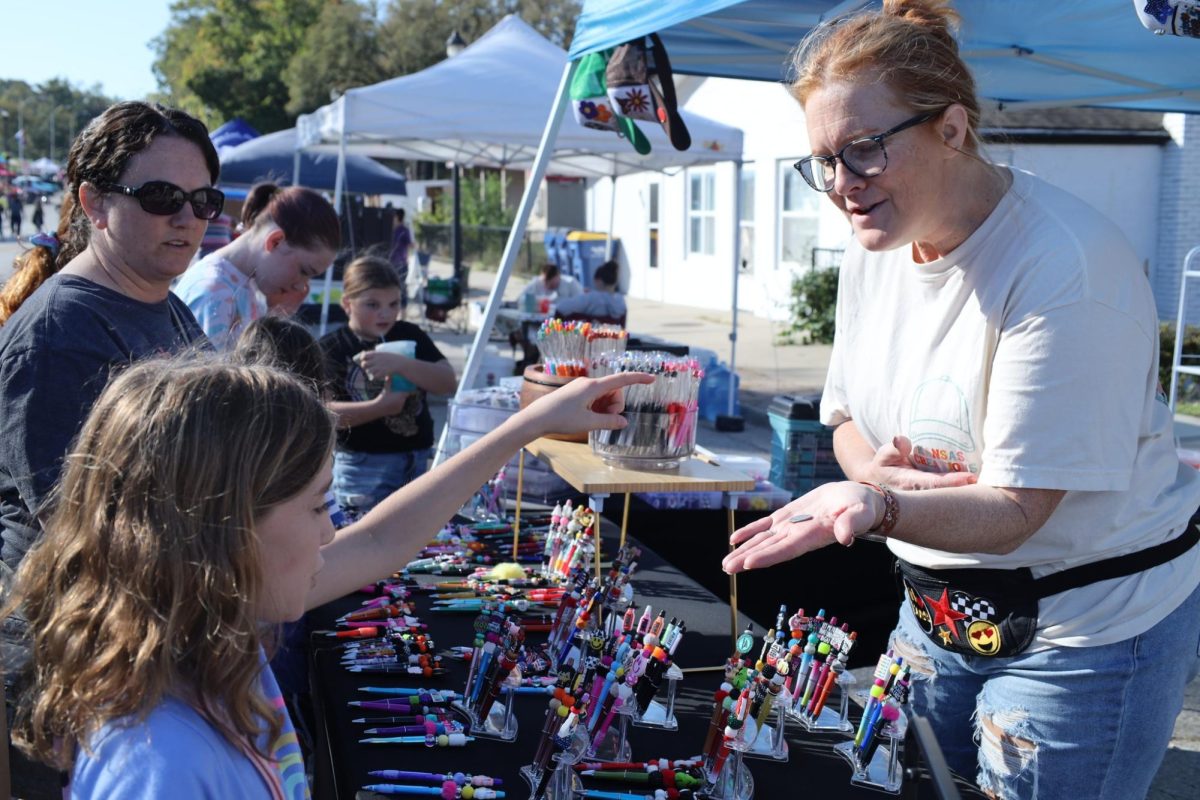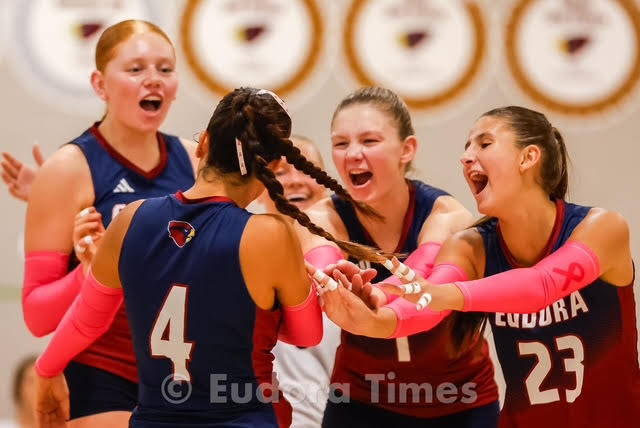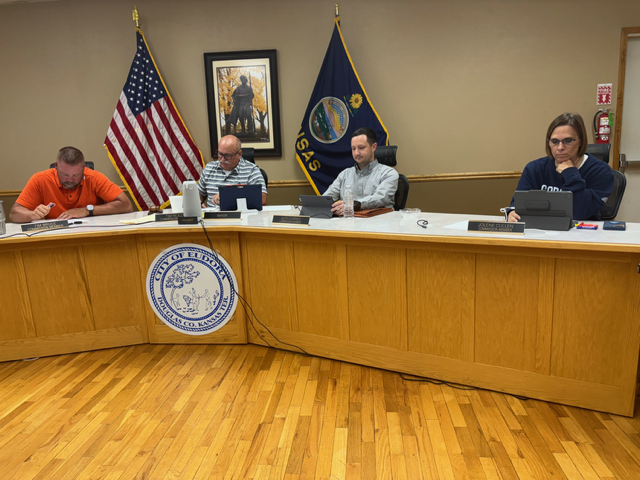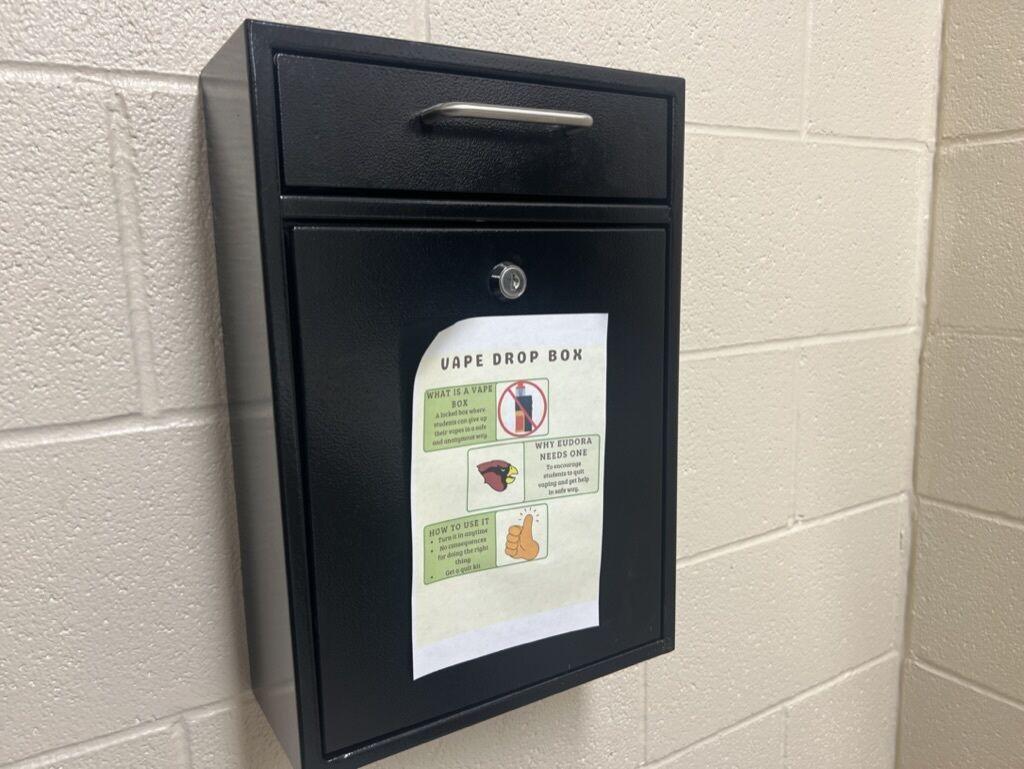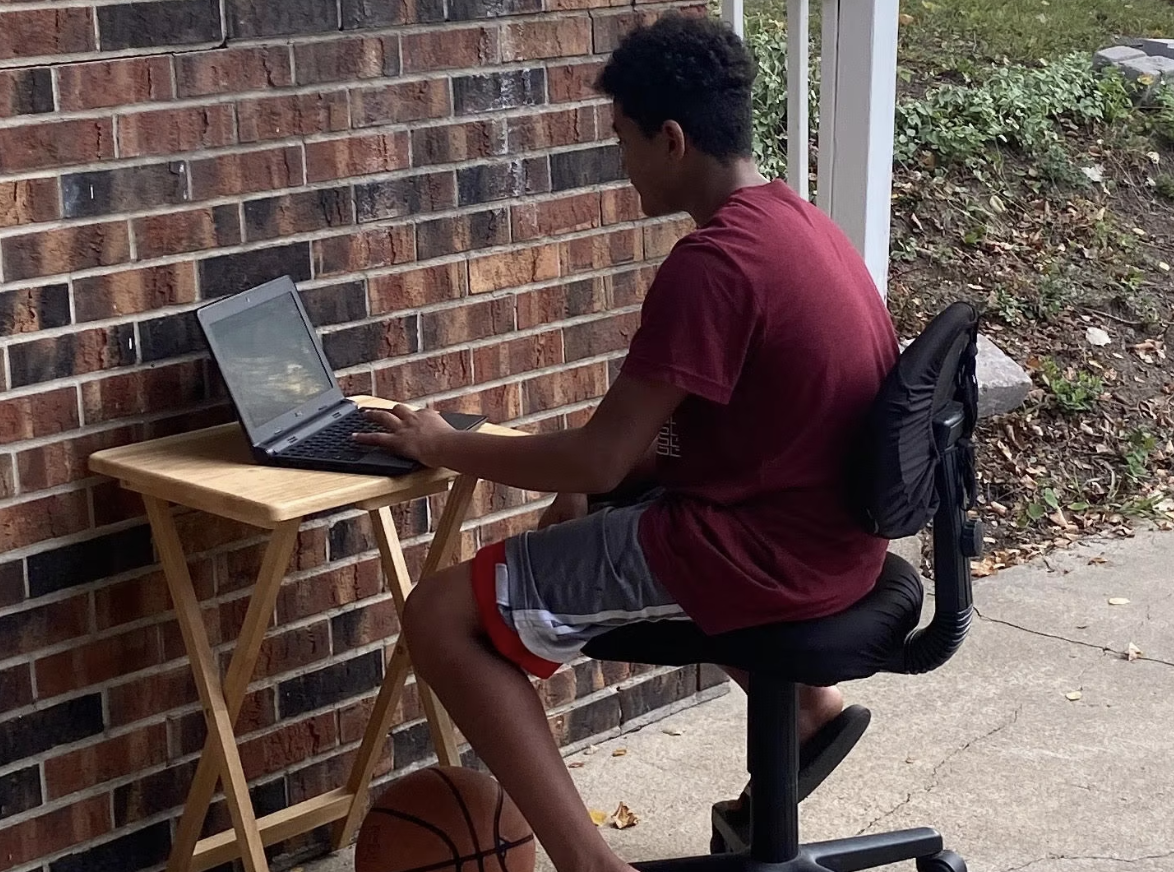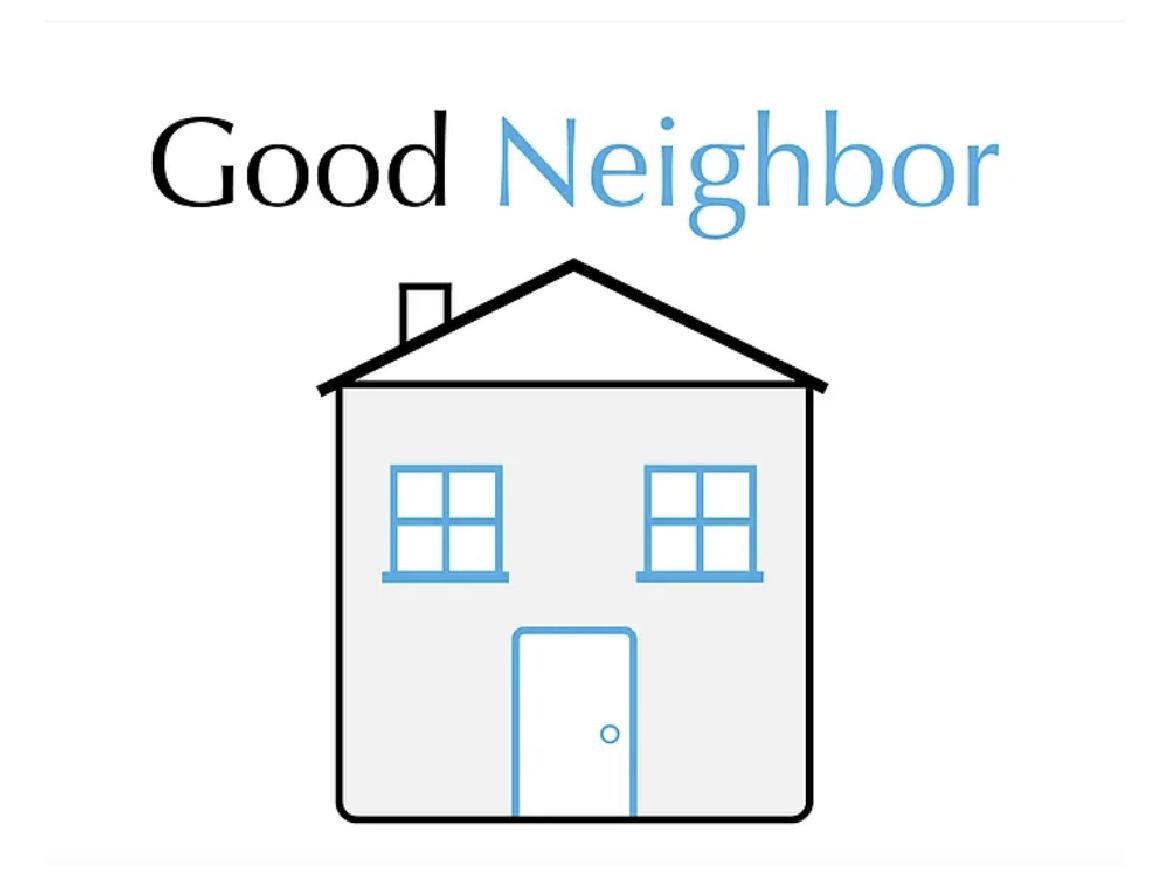Eighth grader Brooklyn Dunnaway is happy to be making a difference.
Dunnaway and three other students in the Youth Empowerment Club came up with the idea to install boxes around the middle and high schools for students to dispose of vapes.
“I feel like I really helped out some students in our community to feel like they have a safe space,” Dunnaway said.
The idea came about during a drug prevention convention over the summer with the support of Alex Mendel, the DCCCA prevention specialist.
“They had to come up with a project to combat an issue in the community, and they wanted to tackle vaping, but in a positive way,” Mendel said.
Mendel and the students presented the idea to district administration after the convention.
“They approved it and were very excited about it,” Mendel said.
The boxes were installed in bathrooms at the middle and high schools earlier this month. Each box has a flyer attached explaining what it is, why it’s important and how to use it.
“I think it’s important to give students those resources because most people are planning to quit – and they would like to quit – they just don’t know how to,” Dunnaway said.
Mendel frequently meets with students who vape, and she agrees most students don’t know how to quit.
“This is a great first step because it also has been identified that students, if they want to quit, they will just sell it,” she said. “That doesn’t actually get rid of the problem. It’s just passing it on to somebody else.”
Mendel said students can dispose of their vapes at any time of the day, with no risk of getting in trouble.
“If students are wanting to do the right thing and turn it in, they’re not going to get in trouble for that,” Mendel said. “Eudora is here to support you.”
Mendel said educating students on the dangers of vaping is important.
“I just encourage students, you know, to realize that addiction sets in really quickly,” she said.
A recent survey from the Food and Drug Administration found 7.8% of high school students and 3.5% of middle school students reported current use of vapes, with over 25% of current usersvaping daily.
Vicki Collie-Akers, community health director at Lawrence-Douglas County Public Health, said the negative impact of using tobacco-related products at an early age is significant.
“If you begin at a younger age, you’re far more likely to become a lifelong user of tobacco. I don’t know that we expect to find anything different with vapes, because they do have tobacco and they do have nicotine,” Collie-Akers said.
Collie-Akers said most teenagers have the misconception that vapes are safer than traditional tobacco products like cigarettes.
“We have concerns that they’re just as addictive,” she said.
Since vapes are still relatively new, Collie-Akers said there isn’t enough data to determine how vaping impacts an individual’s long-term health. However, if vaping has a similar impact as traditional tobacco products, vaping could lead to severe health issues like lung cancer and chronic diseases.
“We would, of course, be worried that that’s likely with vaping, just like traditional products,” she said.
Collie-Akers said it’s important for parents to have conversations with their children about vaping and smoking.
“Making sure that you as a parent have at least communicated that vaping is harmful, that it is a regular tobacco product, is an important conversation to have,” she said.
Collie-Akers said it’s also important for parents to know not all vapes look like vapes.
“We have stumbled across vapes that look like flash drives or USB drives and other sort of devices that you don’t think of as a tobacco product, but they definitely are,” she said.
Mendel said parents should also watch for any changes in their child’s behavior.
“If you notice your kid might be, you know, maybe feeling a little stressed, or they’re sleeping more than normal, or their eating habits are changing,” she said. “Ask them what’s going on, or ask them if they need some extra help.”
Mendel said she, along with the school district, has plenty of resources for students.
“There’s lots and lots of support around them. I just want them to know that they have that here, and all the resources that we can give them to better their lives and be the healthiest version of themselves,” Mendel said.
Students who have stopped vaping can also get a “quit kit” from the nurse’s office or Mendel. The kit has a list of resources, as well as things like gum and suckers.
Mendel said parents can email her at [email protected] if they have questions or need more information about resources.
